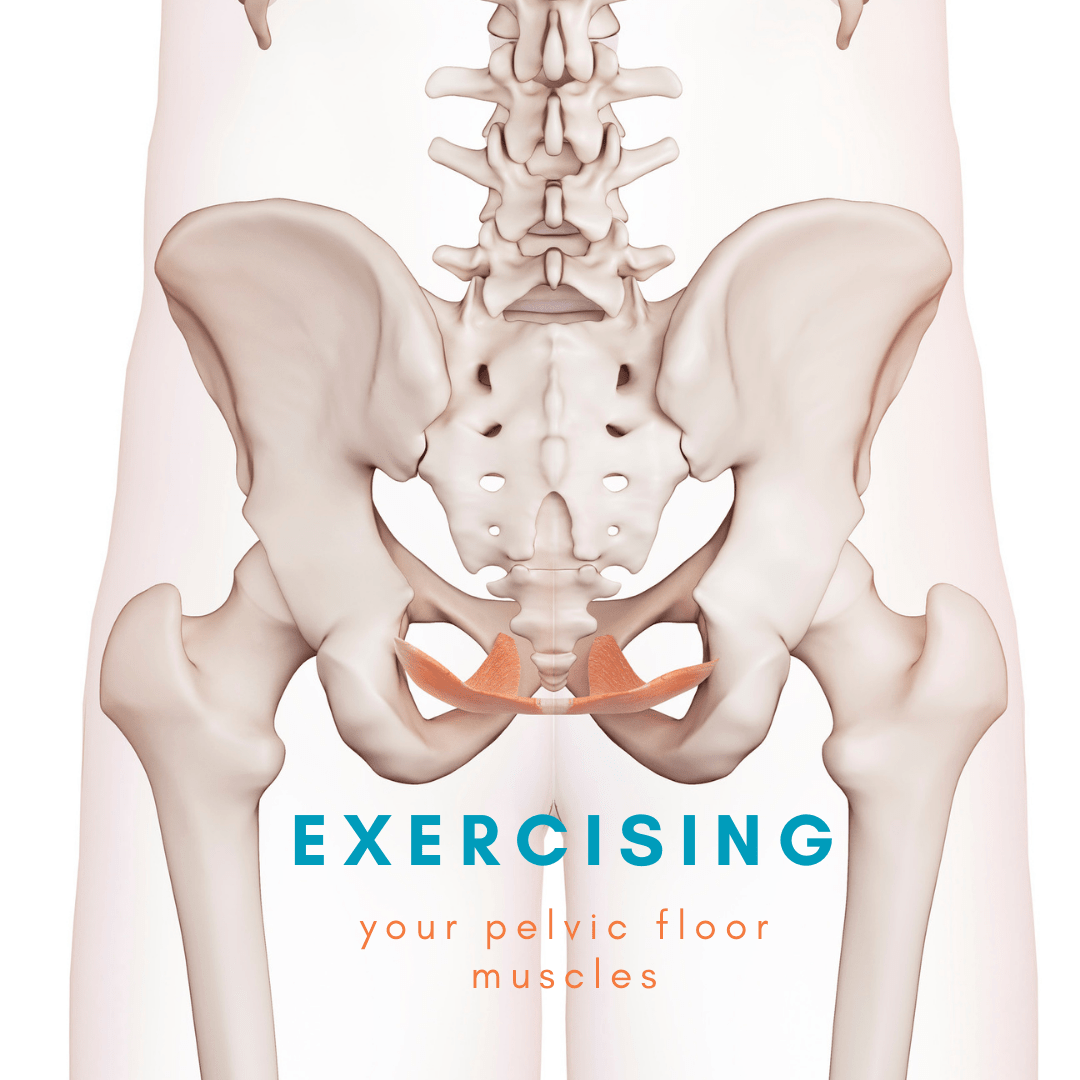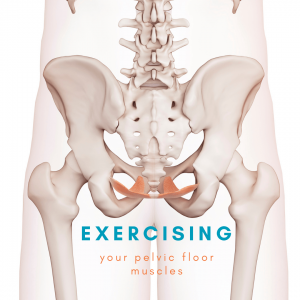How to exercise your pelvic floor muscles to avoid incontinence
When you are pregnant there are a number of changes that occur to your body, some will have a direct effect on your pelvic floor muscles. The most obvious effect is the weight of your baby pressing down on these muscles, which may result in urinary leakage especially when exercising, coughing or sneezing.
Having strong pelvic floor muscles will help you to minimise any leakage before and after your baby is born. The doctors from https://www.sydneyobstetricianclinic.com.au/ say that if you don’t experience urinary leakage during your pregnancy you are less likely to experience it after giving birth. A strong pelvic floor will also aid in a quicker recovery following the delivery of your baby by a natural birth. And the more familiar you are with your pelvic floor muscles the more able you are to relax it during the delivery of your baby.
Let’s have a closer look.
What are the pelvic floor muscles?
Pelvic floor muscles lie across the base of your pelvic. They are responsible for keeping your bladders uterus and bowels in the right position. These groups of muscles stretch like a hammock from the pubic bone at the front to the coccyx at the back, and from side to side.
The pelvic floor muscles work together to help keep the bladder and bowel openings closed to prevent leakages (incontinence), and they relax to allow the bladder and bowel to empty.
The pelvic floor muscle in women also provide support for the baby during pregnancy and need to be relaxed during the birth
What is the role of the pelvic floor muscles?
It’s important to keep your pelvic floor muscles strong because they have a very important role in:
- Supporting your internal organs
- Supporting your back and pelvis
- Controlling your bladder and bowel function (incontinence)
- They help with sexual sensation and function
- They are involved in delivering your baby
How can I find my pelvic floor muscles?
To engage your pelvic floor muscle you have to imagine you are trying to stop yourself from passing wind then urine, this will give you the sensation that you are tightening from back to front around your vagina. You should feel your muscles lift up inside slightly.
Why are my pelvic floor muscles weak?
They can be weak for different reasons, the most common is pregnancy; but there are other causes such us:
- Lack of activity
- Constipation
- Overweight
- Persistent heavy lifting
- High impact exercise
- Persistent coughing
- Ageing
What can I do to improve the strength of my pelvic floor muscles?
They are like any other muscle of your body, you can make them stronger with regular exercise. Exercising your pelvic floor should be done at least three times a day. There are two exercises that you should complete, slow contractions and quick contractions.
Pelvic Floor Muscle Exercises
Ideally you should lift and squeeze your pelvic floor and aim to hold for 10 seconds repeating 10 times. This should then be followed by 10 quick squeezes lasting for only a second each. Do not worry if this isn’t quite achievable to begin with, test yourself, and count how many seconds you can hold for and how many quick ones you can do and work to that level, each time try to build on the number of contractions.
Remember where your pelvic floor muscles are, if you can feel you are squeezing your gluts then you are not engaging your muscles correctly, you may need to visit a specialist physiotherapist.
In short, exercising your pelvic floor muscles will help you in all stages of your life, especially during pregnancy, if you have problems finding the correct muscles or you need specific exercises, please contact our physiotherapist, they will create a personalised exercising routine for you.
Pilates during pregnancy is excellent for targeting and strengthening back and pelvic floor muscles. Maintaining and conditioning your pelvic floor muscles is crucial during and after pregnancy. In addition, if you are experiencing Vaginal looseness after giving birth, you may schedule a visit to a labiaplasty clinic for a vaginal rejuvenation procedure to regain your confidence.
We hope this information is useful for you. If you need advice or have any questions about our treatments, please contact us. You can find us in Mill Hill Broadway and Islington. We are always happy to help.
If you like this blog, please share!




